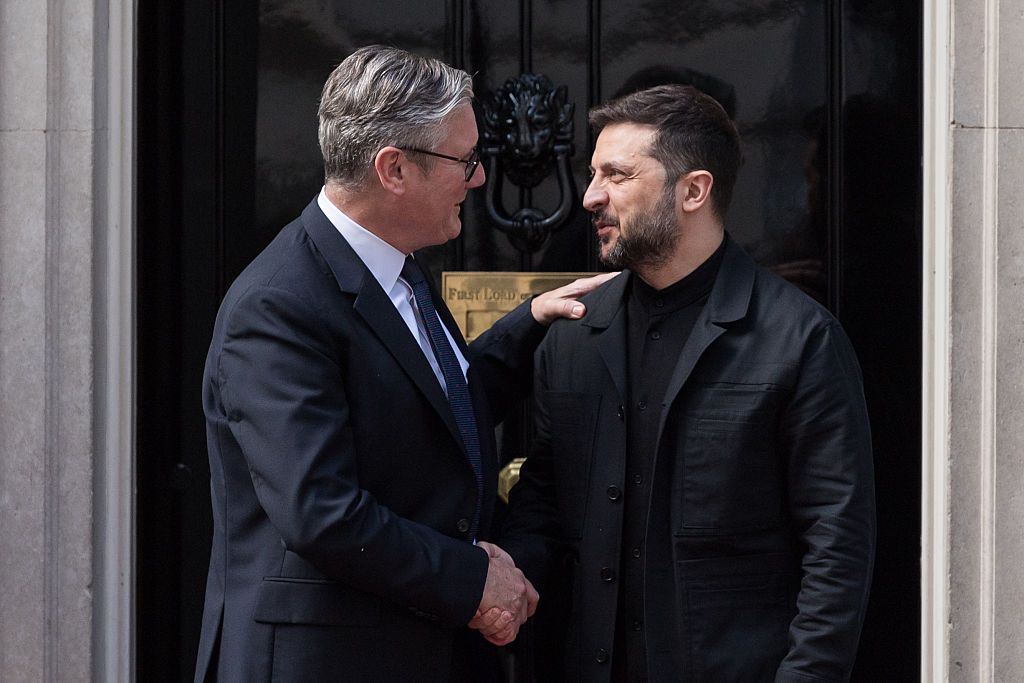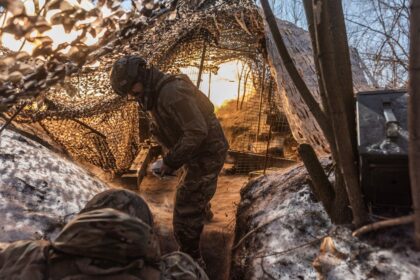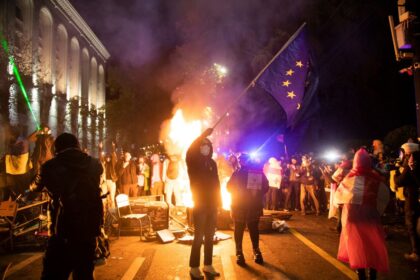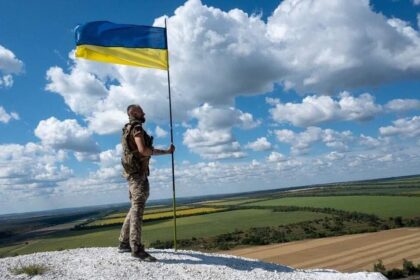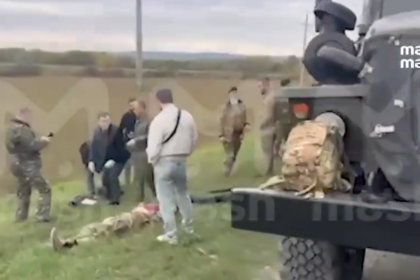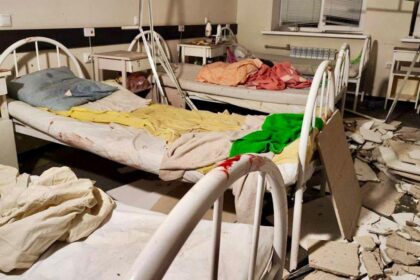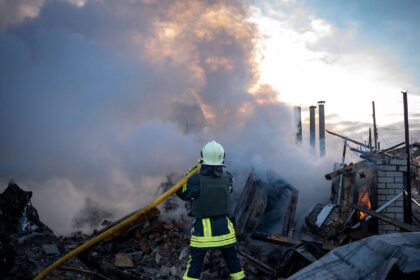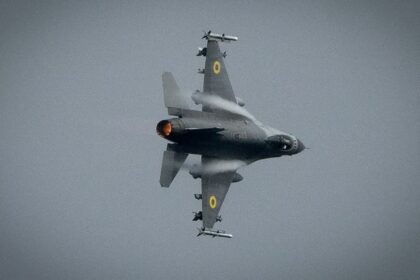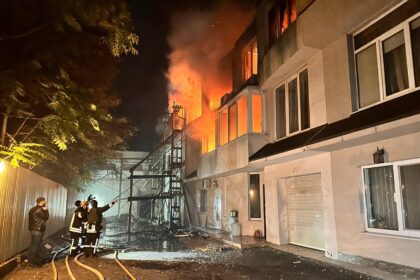**Ukraine and UK Strengthen Military Ties Ahead of NATO Summit**
In a significant development, Ukrainian President Volodymyr Zelensky met with UK Prime Minister Keir Starmer at Downing Street on June 23. The meeting was held ahead of the upcoming NATO summit in The Hague, where allies will unveil new defense spending targets.
**British Support for Ukraine’s Defense**
Zelensky had earlier visited King Charles III at Windsor Castle before joining Starmer to discuss continued British support for Ukraine’s defense. During their meeting, they agreed on an “industrial military co-production agreement,” which Starmer described as a “massive step forward” in the UK’s contribution to Ukraine’s defense.
The deal, while specific details were not disclosed, has been hailed by both leaders as a major breakthrough. Zelensky said that the agreement will be “very strong and will transform both nations.” The industrial military co-production agreement is expected to enhance cooperation between the two countries in areas such as defense production and technology transfer.
**UK’s Commitment to Ukraine**
Addressing Ukrainian troops, Starmer expressed his admiration for their professionalism, commitment, and bravery. He noted that around 58,000 Ukrainian service members have been trained under a UK-based international program. Zelensky thanked the UK for its consistent backing since the start of Russia’s full-scale invasion in 2022.
“We are very thankful to the UK… for such big support of Ukraine from the very beginning of this war,” Zelensky said, adding that the UK-based training initiative has strengthened Ukraine’s army and enabled it to “survive and fight.”
**NATO Summit and Defense Spending Targets**
The visit precedes the NATO summit in The Hague, where allies will unveil new defense spending targets. NATO Secretary General Mark Rutte announced that member states will aim to spend five percent of GDP on defense.
Under a compromise deal, members will commit to allocating at least 3.5 percent of GDP to core military expenditures and 1.5 percent to broader security areas such as cybersecurity and infrastructure.
**A Quantum Leap in Defense Spending**
Rutte described the new targets as “a quantum leap that is ambitious, historic, and fundamental to securing our future.” The move reflects NATO’s commitment to increasing defense spending to meet the evolving security challenges facing member states.




